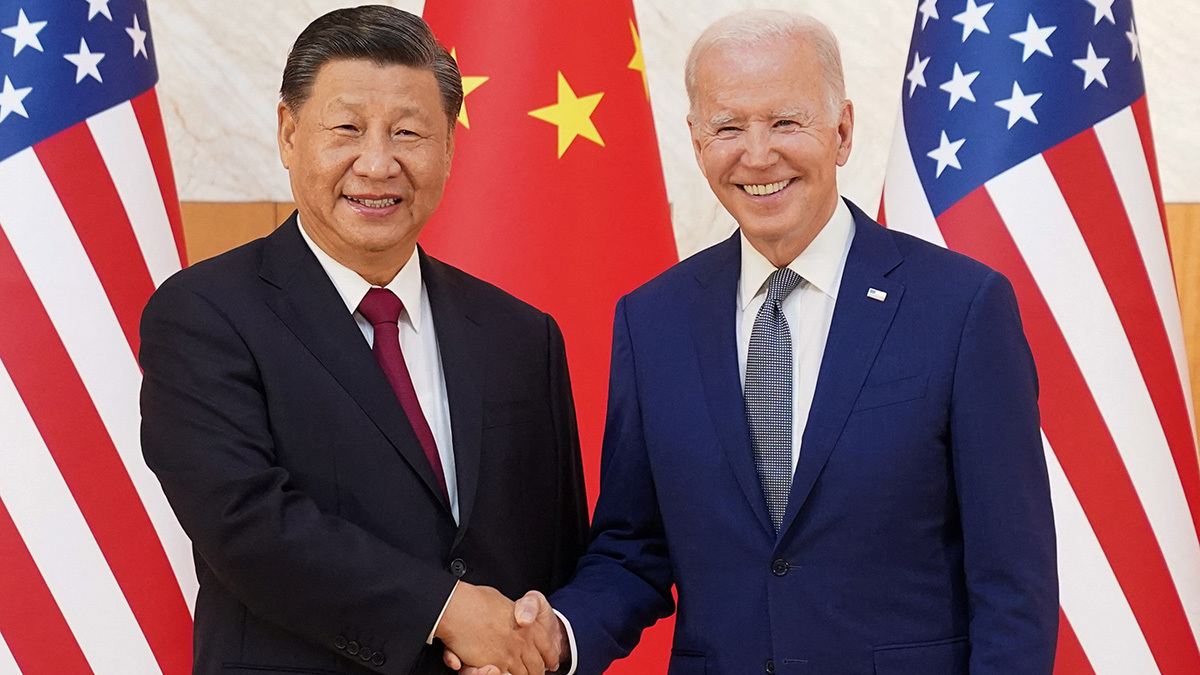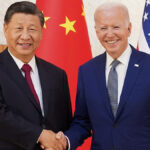Introduction
The US exempts semiconductor manufacturers in South Korea and Taiwan from export curbs restrictions related to China.
This exemption allows them to continue exporting advanced semiconductor technology and related equipment to China.
This decision has consequences for the global tech landscape and semiconductor supply chains.
In this post, we’ll delve into the implications, motivations, and potential impacts of this extension.
Background of US China curb
Last October, the U.S. imposed restrictions on exporting advanced semiconductors and chipmaking equipment to China.
This also included a ban on “U.S. persons” aiding in chip production at Chinese facilities without a license.
Major semiconductor manufacturers, such as Samsung Electronics, SK Hynix, and Taiwan Semiconductor Manufacturing Co. (TSMC), were concerned as they operate key production hubs in China.
The background of the US-China curb lies in the trade tensions between the two nations. The US imposed restrictions on semiconductor exports to China to address national security concerns and protect American technology.
These export curbs aimed to limit China’s access to advanced chips, which have dual-use applications in both civilian and military sectors.
The restrictions have had significant implications for global semiconductor supply chains and international relations.
Read more: China: Too large, Too important & Too strategic to walk away from
US Exempts Decision
U.S. decision extends the exemption of export curbs. The exact duration is not finalized, but discussions about making these exemptions indefinite are ongoing.
The goal is to balance U.S. national security concerns with global semiconductor supply chain stability.
Reasons for the Extension
Global Supply Chain Stability: The global semiconductor industry is valued at around $570 billion, with China accounting for nearly a third. Any disruption could affect electronic device production.
Complex Chip Ecosystem: Quickly shifting supply chains away from China is challenging due to global chip ecosystem interconnections.
Effective Export Controls: Restrictions on equipment used in advanced semiconductor production have effectively limited China’s capabilities. Other countries like Japan and the Netherlands are imposing export curbs similar restrictions.
Economic Stability: With high U.S. inflation and the 2024 presidential race approaching, the administration aims to avoid economic disruptions.
Read More :https://techovedas.com/how-much-will-the-iphone-price-hike-as-us-china-tensions-escalate?
Conclusion
The US decision to exempt South Korean and Taiwanese chipmakers from China export curbs reflects the complex dynamics of global semiconductor trade.
While concerns over national security and technology transfer persist, economic interdependence and the need for a stable supply chain have influenced these exemptions.
The semiconductor industry remains a pivotal player in international relations, where striking a balance between safeguarding vital technologies and sustaining global trade remains a challenging endeavor.
The situation underscores the ongoing importance of diplomacy and cooperation in this critical sector.








